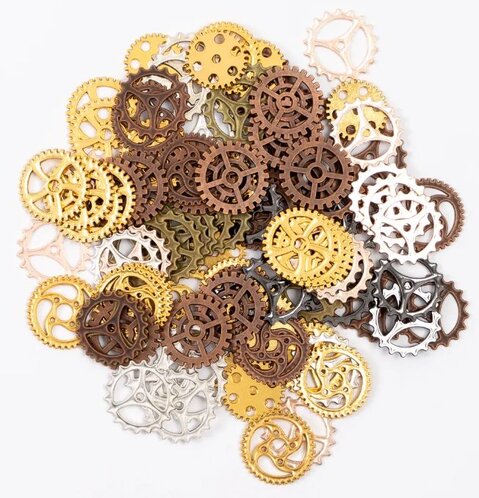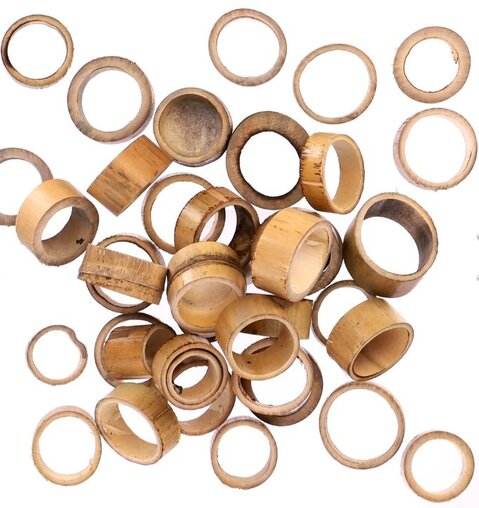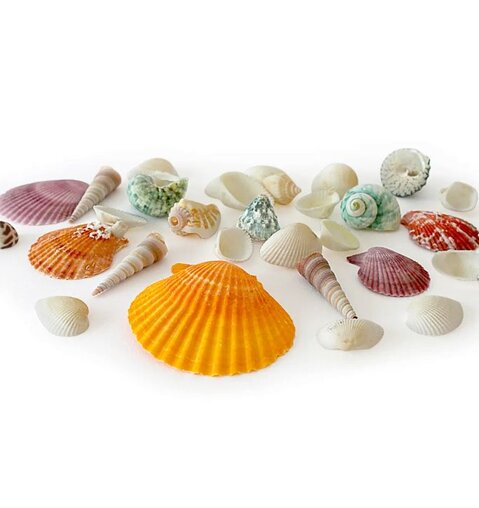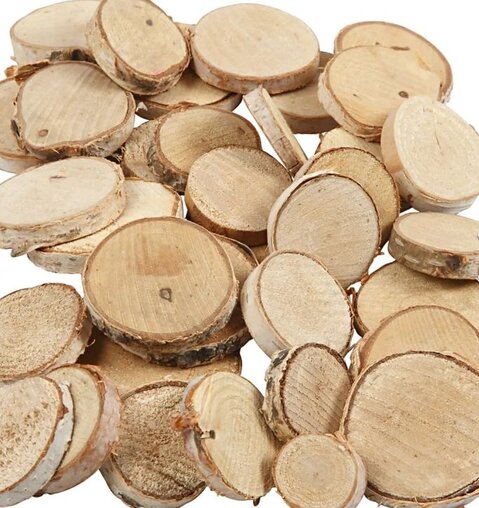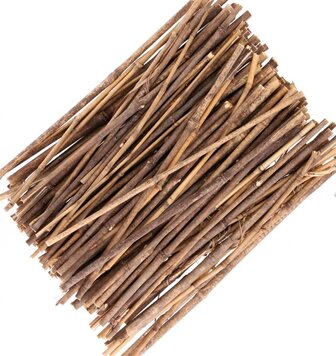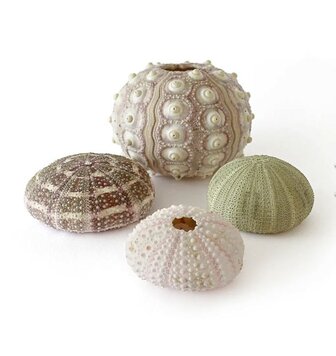
Articles
We aim to give food for thought as well as inspiring your creativity and
providing practical ideas you can’t wait to implement in your own settings!
Exploring Learning Through Loose Parts
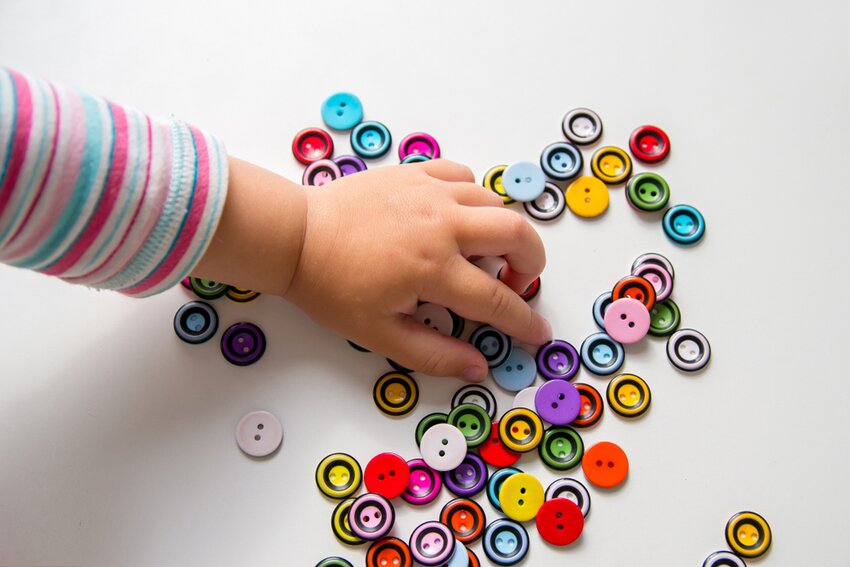
At Sunflower Children’s Centre, our blended pedagogical approach emphasizes fostering curiosity and self-directed learning in children. A key method we use to achieve this is through the incorporation of loose parts to encourage exploration, creativity, and independent thinking.
What Are Loose Parts?
Loose parts are items that can be moved, combined, taken apart, and repurposed in countless ways. These materials often include natural elements (stones, leaves, twigs), recycled objects (bottle caps, cardboard tubes), and household items (fabric, wooden spoons, metal bowls).
Unlike conventional toys that often come with instructions or predetermined uses, loose parts are tools for exploration, giving children control over their own learning process. This autonomy allows them to think critically, problem-solve, and make sense of their world in a more creative and meaningful way.
Loose Parts for the Under Twos
In our Seedling and Buds room, which serves children under the age of two, we introduce loose parts through ‘heuristic baskets’. These baskets contain a wide variety of sensory objects—such as fabric swatches, wooden blocks, metal utensils, pinecones, and shells. Heuristic play encourages young children to investigate their surroundings using all their senses, leading to rich sensory experienc
This stage of play helps toddlers develop fine motor skills, hand-eye coordination, and cognitive abilities as they manipulate different textures, shapes, and sizes. The open-ended nature of heuristic play also nurtures independence, as children learn to explore the materials on their own terms, following their curiosity. At the same time, they develop early language skills as they learn new words to describe the objects they encounter.
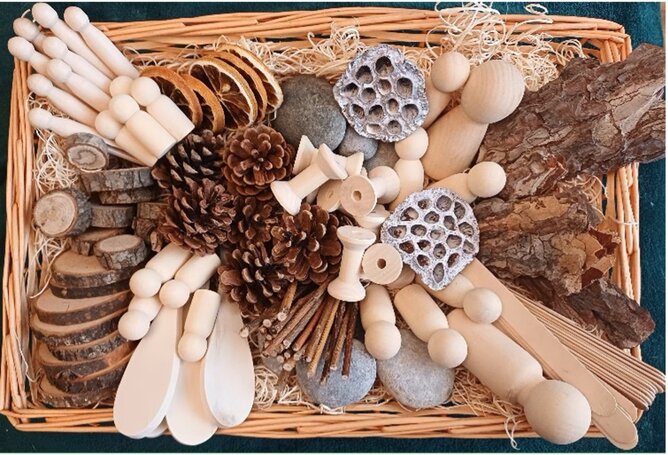
Expanding Loose Parts for Children Over Two
As children grow, we extend their engagement with loose parts by offering continuous access to a variety of materials. This stage is designed for children aged two and above, who have more advanced motor skills, cognitive abilities, and social awareness. Loose parts in this phase may include larger wooden blocks, natural objects like stones and leaves, fabric pieces, ropes, and baskets, all of which can be accessed both indoors and outdoors.
For older children, loose parts offer the opportunity for more complex play and problem-solving. A simple pile of stones may become the foundation for a tower, while fabric pieces might be transformed into costumes for imaginative role play. This form of play nurtures cognitive flexibility, encouraging children to think creatively, adapt to new challenges, and work collaboratively with their peers. As they build, negotiate, and share ideas, they also strengthen their social and emotional skills such as communication, teamwork, and empathy.
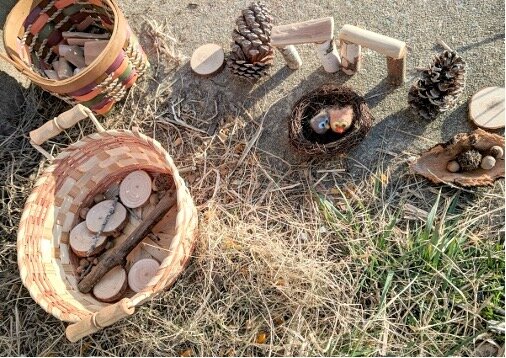
Expanding Loose Parts for Children Over Two
At Sunflower Children’s Centre, we also integrate loose parts into our Forest School approach, particularly in our preschool room. The Forest School philosophy aligns perfectly with the loose parts approach, as both encourage children to learn through hands-on experiences, nature exploration, and child-led play.
In our outdoor Forest School setting, children have continuous access to loose parts in their natural environment. The forest itself provides a rich assortment of materials—leaves, sticks, mud, stones, pinecones—that children can use to engage in open-ended, creative play. This outdoor loose parts play promotes environmental awareness as children interact with nature, developing a deeper understanding and appreciation for the world around them.
Loose parts in the forest school allow children to:
1. Connect with Nature: Natural loose parts provide endless opportunities for discovery. Whether they’re building shelters with sticks or creating art with leaves and stones, children develop a connection to the natural world that fosters **environmental stewardship**.
2. Build Resilience and Problem-Solving Skills: Outdoor play with loose parts often requires children to think critically and solve real-world challenges, such as constructing stable structures with uneven materials collecting objects and transporting them sharing them amongst others. These experiences build resilience, encouraging children to persist and adapt to new challenges.
3. Promote Physical Development: Outdoor loose parts like logs, large stones, and sticks encourage gross motor development as children lift, balance, and transport objects. This physical engagement supports muscle development, coordination, and spatial awareness.
4. Encourage Risk-Taking and Independence: The natural environment offers children the freedom to take manageable risks, whether it’s climbing a tree or building with large branches. These experiences foster a sense of autonomy, boosting confidence as children learn to assess and navigate challenges safely.
The Pedagogical Value of Loose Parts
At Sunflower Children’s Centre, our approach to loose parts is rooted in the belief that children are capable, curious learners who thrive when given the freedom to explore their environment. Loose parts provide children with the opportunity to engage in ‘self-directed (child initiated) learning’, where they decide how to use the materials in ways that reflect their individual interests and developmental stages.
This approach to learning benefits children by:
1. Enhancing Creativity: With no specific purpose, loose parts can be anything the child imagines them to be, allowing for boundless creativity and invention.
2. Developing Problem-Solving Skills: Children learn to think critically and solve problems as they decide how to use loose parts, whether it's balancing objects or constructing new structures.
3. Supporting Physical and Cognitive Development: Manipulating a variety of materials promotes fine and gross motor skills while also encouraging cognitive processes like planning, sequencing, and spatial awareness.
4. Fostering Social Skills and Emotional Growth: Collaborative loose parts play encourages communication, teamwork, and negotiation, helping children develop important social-emotional skills.
At Sunflower Children’s Centre, we recognize that children are naturally motivated to explore and learn through play. By incorporating loose parts into both our indoor learning spaces and outdoor Forest School activities, we provide a dynamic, evolving environment where children can grow at their own pace. Whether they are toddlers exploring heuristic baskets or preschoolers building a den in the forest, loose parts empower children to take charge of their own learning journey. Through the combination of loose parts play and our Forest School approach, we ensure that every child has the opportunity to develop a deep connection to nature, build essential life skills, and discover the joy of learning through exploration.
With many thanks to Dawn Gibbons for writing this article.
Dawn is the operations manager at Sunflower Nursery and a member of the EuHu Teacher Board.
